Sep 30 2019
Compulsory Vaccination
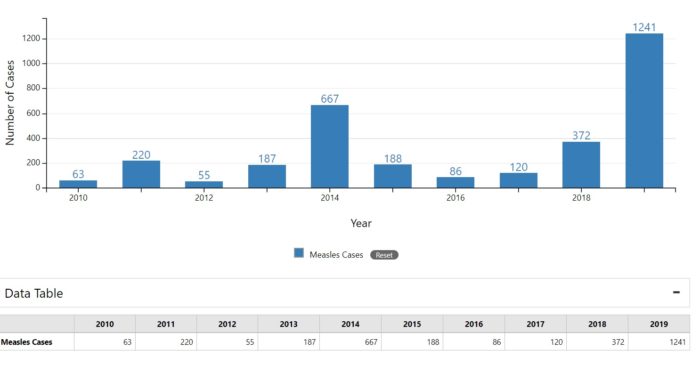 In the US we have semi-compulsory vaccination. Keeping up to date on the vaccine schedule is required in order to attend public school. However, families always have the option of attending private schools, which can determine their own vaccination policy, or they can home-school. Also, each state can determine its own exemption policy. Medical exemptions are uncontroversial – if you medically cannot get a vaccine, that is up to your doctor, not the state. However, some states have religious or personal (philosophical) exemptions. These have been under increasing scrutiny recently.
In the US we have semi-compulsory vaccination. Keeping up to date on the vaccine schedule is required in order to attend public school. However, families always have the option of attending private schools, which can determine their own vaccination policy, or they can home-school. Also, each state can determine its own exemption policy. Medical exemptions are uncontroversial – if you medically cannot get a vaccine, that is up to your doctor, not the state. However, some states have religious or personal (philosophical) exemptions. These have been under increasing scrutiny recently.
Other countries have different systems. In the UK, for example, there is no compulsory vaccination to attend school.
These policies are all being reexamined in the wake of the burgeoning anti-vaccine movement and the resulting return of previously controlled vaccine-preventable illnesses. Let’s take measles, for example. As you can see by the chart, measles cases have increased by greater than 20 fold from 2010 to 2019 in the US. But if we pull back even further, in 1980 measles caused 2.6 million deaths worldwide, with cases in the US alone measured in the hundreds of thousands. By 2000 routine use of the MMR vaccine had prevented an estimated 80 million cases of measles.
Also by 2000 measles had been eliminated in the US – that means there was no circulating virus in the wild. All cases came from outside the country. Outbreaks were also very limited, because there was no fertile ground for the virus to spread. The antivaccine movement has changed that.
The rate of children getting MMR has not changed much in the US due to compulsory vaccines, ranging from 90-93% over the last two decades. It has dipped to around 91.1% recently, but the overall number remains high. However, this statistic hides what is really going on. Vaccine refusal clusters, by neighborhood and by school. If a private school does not require compulsory vaccination, then anti-vaxxers will cluster there. These pockets of very low vaccination rates then serve as potential locations for outbreaks, and that is exactly what happens. In recent years these outbreaks have been large enough to spread into the general population.

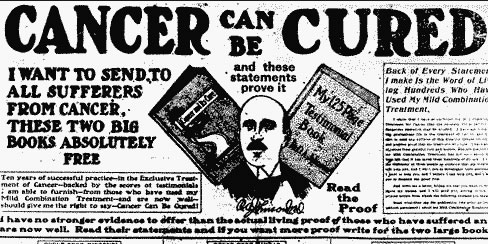
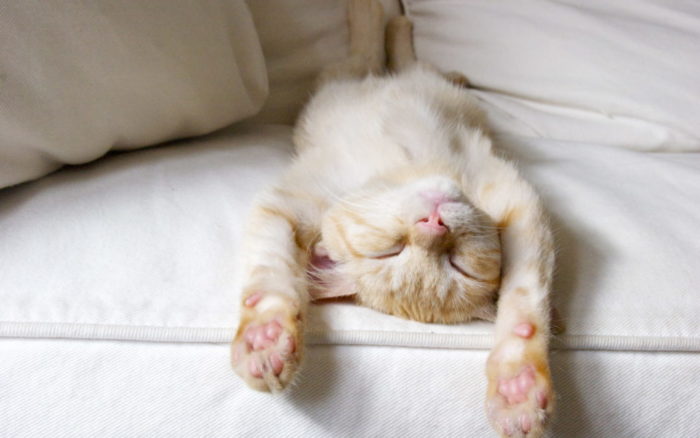 Some cultures routinely have a siesta after lunch. Is napping in the middle of the day good for you or bad? The short answer is – it depends. However
Some cultures routinely have a siesta after lunch. Is napping in the middle of the day good for you or bad? The short answer is – it depends. However 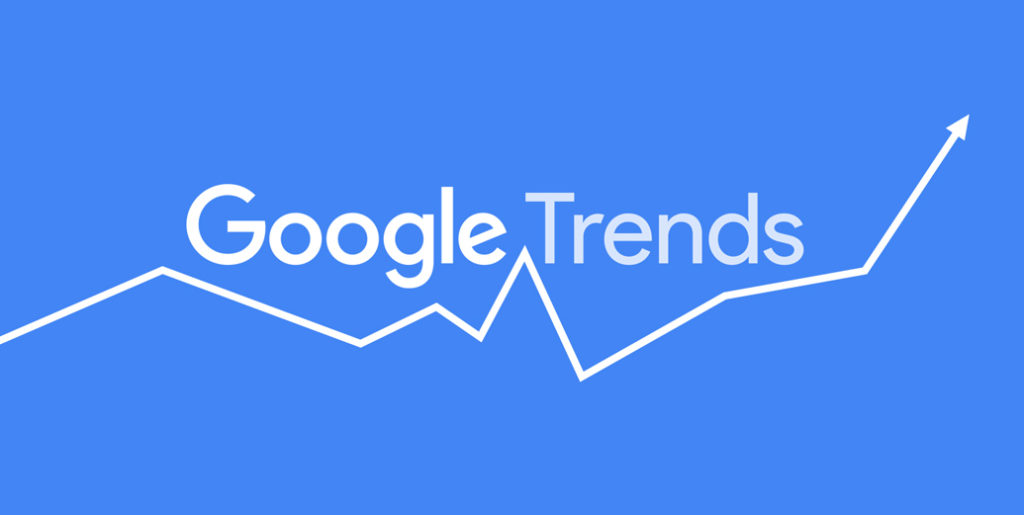
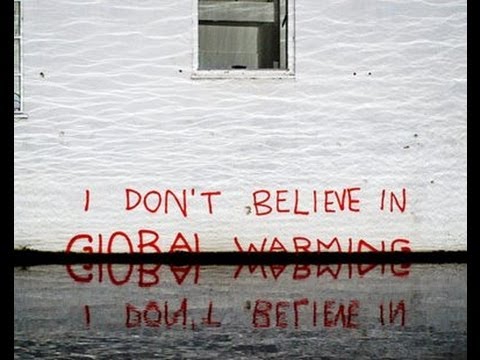 I don’t usually do lists, but I do find it interesting to look back over the past year and review major events and trends. It’s good for the memory, and the exercise always reminds me of how terrible memory is. I often realize that I forgot about major events, and also have a poor sense of how far in the past certain events occurred. (Was that this year or last year?)
I don’t usually do lists, but I do find it interesting to look back over the past year and review major events and trends. It’s good for the memory, and the exercise always reminds me of how terrible memory is. I often realize that I forgot about major events, and also have a poor sense of how far in the past certain events occurred. (Was that this year or last year?) SGU Listener, Alex, recently sent me a question about the safety of irradiated food:
SGU Listener, Alex, recently sent me a question about the safety of irradiated food: Sleep is critical for optimum health and performance, but is often underappreciated by the general public. For example, I see many patients with chronic symptoms that are either caused by or greatly exacerbated by poor sleep, but didn’t make the connection to their chronic insomnia.
Sleep is critical for optimum health and performance, but is often underappreciated by the general public. For example, I see many patients with chronic symptoms that are either caused by or greatly exacerbated by poor sleep, but didn’t make the connection to their chronic insomnia. Robert F. Kennedy Jr. talks with reporters in the lobby of Trump Tower in New York, Tuesday, Jan. 10, 2017, after meeting with President-elect Donald Trump. (AP Photo/Evan Vucci)[/caption]
Robert F. Kennedy Jr. talks with reporters in the lobby of Trump Tower in New York, Tuesday, Jan. 10, 2017, after meeting with President-elect Donald Trump. (AP Photo/Evan Vucci)[/caption]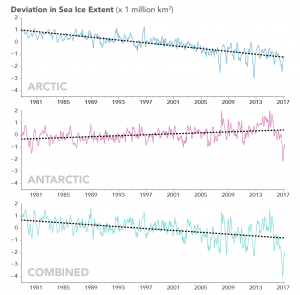 The extent of Arctic sea ice is an important marker for global climate change. In the last forty years it also has been
The extent of Arctic sea ice is an important marker for global climate change. In the last forty years it also has been 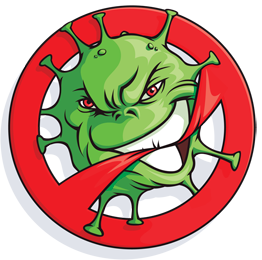 As with most things, the answer is more complicated than it may at first seem.
As with most things, the answer is more complicated than it may at first seem.




